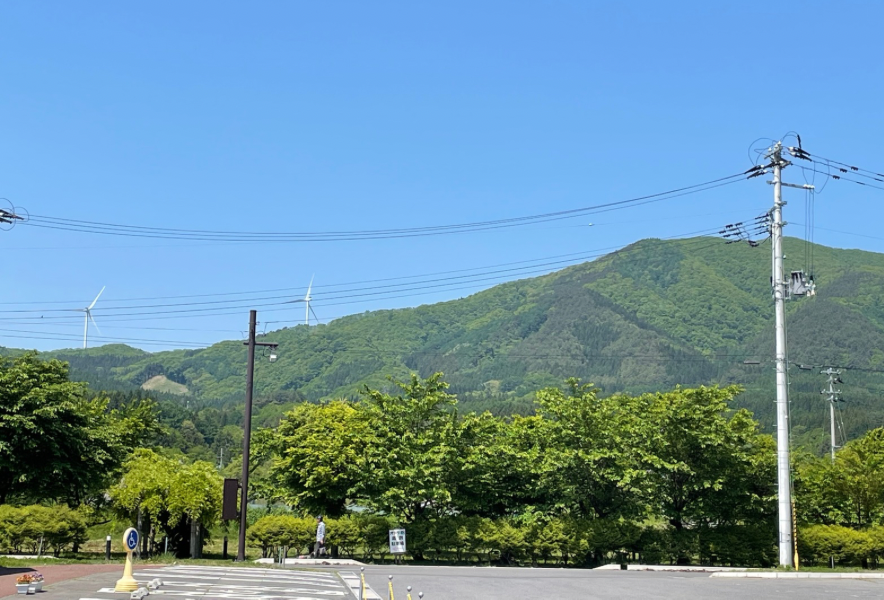Japan’s calendar is beautifully woven with holidays that reflect the nation’s strong connection to nature, family, and tradition. From cherry blossoms in spring to fireworks in summer, each season brings its own mood and meaning. Let’s explore the key public holidays in Japan as they flow through spring, summer, autumn, and winter.
Contents
🌸Spring – New Beginnings and Blossoms
Spring in Japan is a time of renewal. The academic and business year starts in April, and the country is covered in pink cherry blossoms. One of the biggest holiday periods of the year also falls in this season.
- Golden Week (Late April – Early May):
A collection of holidays that often create a full week off:
- Showa Day (April 29) – Honors the late Emperor Showa.
- Constitution Memorial Day (May 3) – Celebrates Japan’s postwar constitution.
- Greenery Day (May 4) – Encourages appreciation of nature.
- Children’s Day (May 5) – Celebrates children’s happiness and health, especially boys.
- Vernal Equinox Day (Around March 20):
A national holiday marking the change of seasons and a time for families to visit ancestral graves.
Spring is also famous for Hanami, or flower viewing, where people gather under blooming cherry trees for food, drinks, and celebration.
🌴Summer – Energy, Nature, and Remembrance
Summer in Japan is lively and intense. It’s a season of festivals, fireworks, and reflection.
- Marine Day (3rd Monday of July):
A day to appreciate the ocean’s importance to Japan, both culturally and economically. - Mountain Day (August 11):
A relatively new holiday that encourages people to connect with the mountains and the natural world. - Obon (Mid-August):
While not a public holiday, Obon is a widely observed Buddhist tradition when people return to their hometowns to honor ancestors. Many businesses close, and communities hold bon dances and ceremonies. - Fireworks Festivals:
Throughout July and August, towns and cities host colorful firework displays—an iconic part of Japanese summer nights.
🍁Autumn – Gratitude and Reflection
As the heat fades and the leaves change color, Japan embraces a quieter, more reflective mood in autumn.
- Respect for the Aged Day (3rd Monday of September):
A day to honor and thank older generations for their contributions. - Autumnal Equinox Day (Around September 23):
Similar to its spring counterpart, this is a time for family visits to graves and appreciating seasonal transitions. - Sports Day (2nd Monday of October):
Originally established to mark the Tokyo Olympics, this holiday promotes health, sports, and physical activity nationwide.
Autumn also brings culinary delights—like roasted sweet potatoes and fresh chestnuts—and the spectacular koyo (fall foliage) that draws travelers across the country.
⛄️Winter – Rest, Tradition, and Renewal
Winter in Japan may be cold, but it’s also filled with quiet joy, spiritual reflection, and meaningful traditions.
- Emperor’s Birthday (February 23):
A national holiday celebrating the reigning emperor’s birthday. - New Year Holidays (January 1–3):
The most important holiday season in Japan. Families reunite, visit shrines for hatsumode (first prayers), enjoy traditional New Year dishes, and send greeting cards. - Coming of Age Day (2nd Monday of January):
Celebrates those who have turned 20 years old, with formal ceremonies and traditional clothing like kimono.
Although there are fewer holidays during winter, the New Year period holds deep cultural significance and provides a time for rest, reflection, and renewal.
A Year of Celebration and Meaning
Japanese holidays are more than just days off—they’re moments that bring people closer to nature, family, and community. Whether it’s watching cherry blossoms fall, dancing at a summer festival, hiking in the crisp autumn air, or making the first shrine visit of the year, Japan’s holiday calendar offers insight into the values and rhythm of life here.
No matter which season you visit, you’re sure to find yourself immersed in meaningful celebration.





